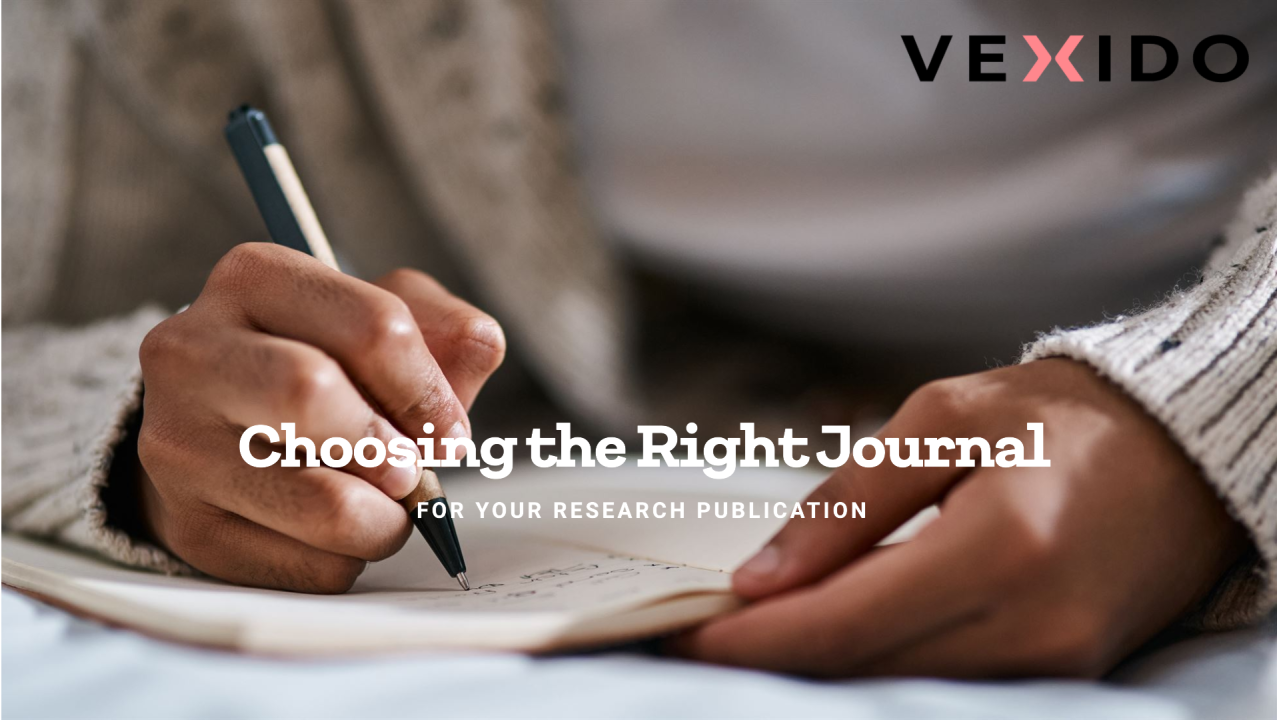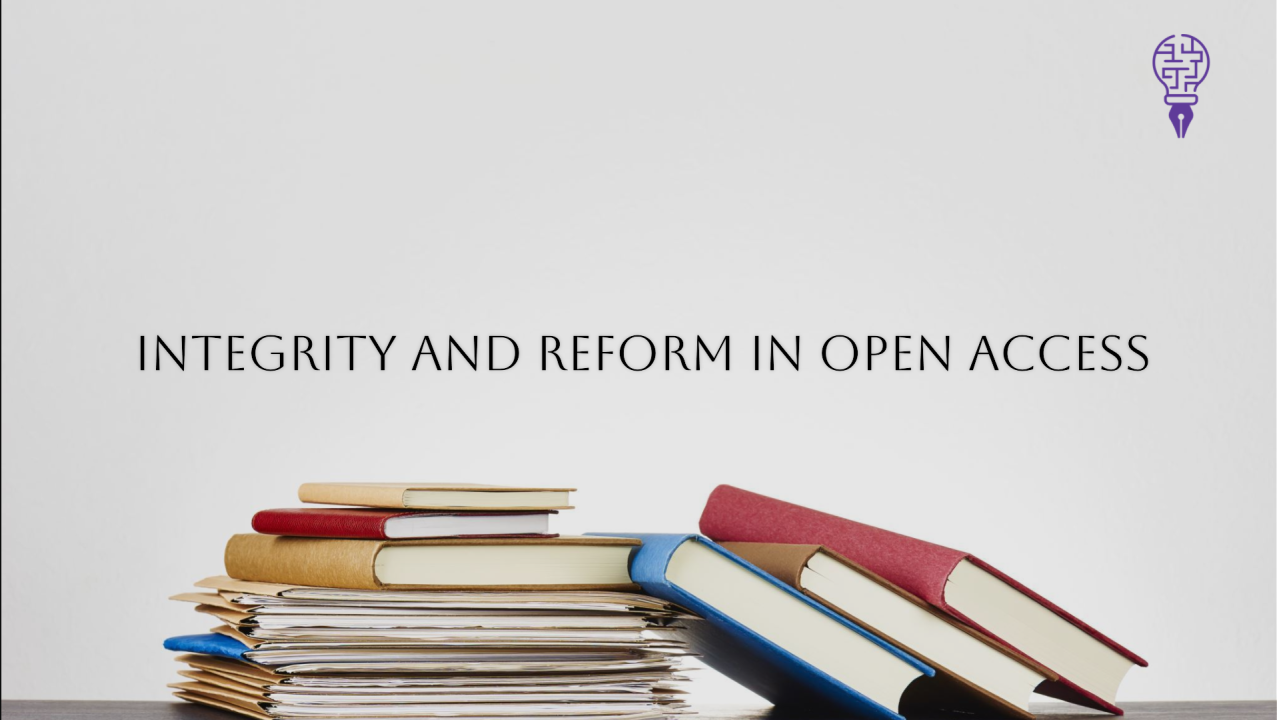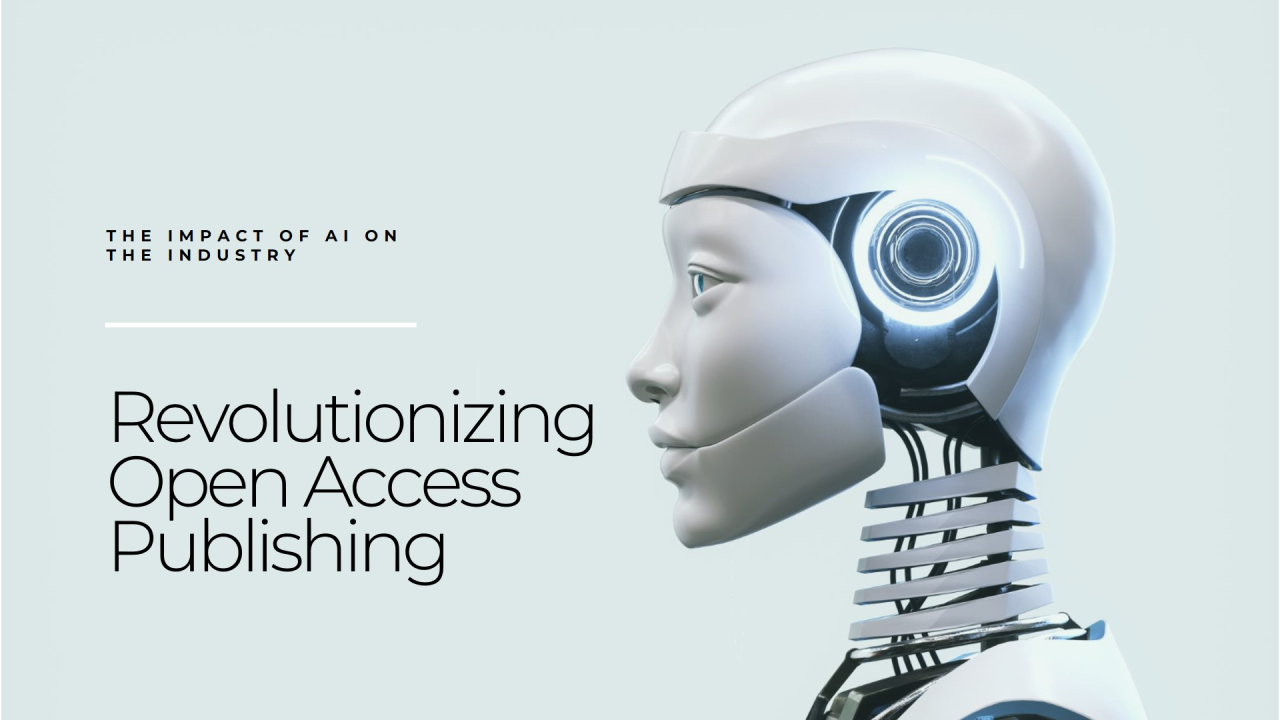CURRENT ISSUE
No Current Issue
Educational Leadership and Policy Reforms
Educational Leadership and Policy Reforms
Overview
Educational leadership and policy reforms play a crucial role in shaping the future of learning, ensuring institutional effectiveness, and fostering inclusive, high-quality education systems. As global challenges, digital transformation, and societal shifts continue to influence education, institutions and policymakers must adapt by implementing strategic reforms, leadership models, and governance structures that drive progress.
This category explores institutional leadership, education policy evolution, strategic decision-making, and inclusive education frameworks that create sustainable, effective, and future-ready learning ecosystems.
Key Areas of Focus
1. Institutional Leadership and Strategic Decision-Making
Effective educational leadership is key to driving innovation, maintaining academic excellence, and adapting to technological and policy-driven transformations. Institutions require strong governance, visionary leadership, and strategic planning to meet the evolving demands of education.
Key Topics:
- Leadership models in higher education and school administration
- Strategic planning for educational institutions in a digital world
- Faculty development, academic governance, and institutional policies
- The role of leadership in fostering research, innovation, and digital adoption
Research Implications:
- The effectiveness of leadership models in institutional success
- Case studies on strategic decision-making in education management
- Best practices for faculty leadership and professional development
2. Global Education Policy Evolution and Reforms
Education policies must evolve to address the needs of modern learners, integrate digital learning, and support global education standards. Reforms in higher education, primary and secondary schooling, and vocational training are essential for equitable and sustainable learning environments.
Key Topics:
- Education policies shaping 21st-century learning frameworks
- The impact of digital transformation on education policies
- International education reforms and their influence on national policies
- Data-driven policymaking for education sustainability
Research Implications:
- The role of policy reforms in improving education access and quality
- Comparative studies of education policies across different countries
- Data-driven insights for shaping future education policies
3. Equity, Inclusion, and Diversity in Education
Ensuring equal access to quality education requires proactive measures to address gender disparities, socioeconomic inequalities, and accessibility challenges. Policies must focus on inclusive education, special education needs (SEN), and cultural diversity to foster equitable learning environments.
Key Topics:
- Inclusive education policies and frameworks for diverse learners
- Addressing gender and socioeconomic disparities in education
- Special education programs and accessibility in digital learning
- The role of diversity in shaping culturally responsive education policies
Research Implications:
- Best practices for implementing inclusive education policies
- The impact of equity-driven policies on academic performance
- Case studies on culturally inclusive education models
4. Digital Transformation and Policy Development in Education
The adoption of digital learning tools, AI, and EdTech innovations requires new policies to regulate digital education, ensure cybersecurity, and promote ethical AI use in learning environments. Policymakers must balance innovation with responsible governance.
Key Topics:
- The role of government policies in regulating online education
- Cybersecurity policies for protecting student data and digital platforms
- Ethical AI policies in education and academic integrity frameworks
- Strategies for digital inclusion in low-resource environments
Research Implications:
- Case studies on digital transformation policies in global education
- The effectiveness of government regulations on online learning platforms
- The ethical challenges of AI-driven education policies
5. Education Policy, Workforce Readiness, and Economic Development
Education policies must align with workforce demands, skill development programs, and industry-academic collaborations to bridge the gap between education and employment. Ensuring that graduates are prepared for evolving job markets is a priority for policymakers.
Key Topics:
- Aligning education policies with workforce and economic development
- Industry-academic collaborations for career-readiness programs
- The role of vocational training and lifelong learning policies
- Government initiatives supporting entrepreneurship and skill-building
Research Implications:
- The impact of workforce-aligned education policies on employment rates
- The effectiveness of vocational training programs in career success
- Case studies on public-private partnerships in education
The Educational Leadership and Policy Reforms category examines the role of institutional leadership, policy development, and governance in ensuring high-quality, accessible, and future-ready education systems.
From global policy reforms and digital transformation to equity-driven education models and workforce readiness initiatives, this section highlights the most pressing challenges and opportunities in education governance and leadership.
Through innovative research and strategic policymaking, education systems can be designed to enhance learning outcomes, foster inclusivity, and prepare students for the evolving global economy.















